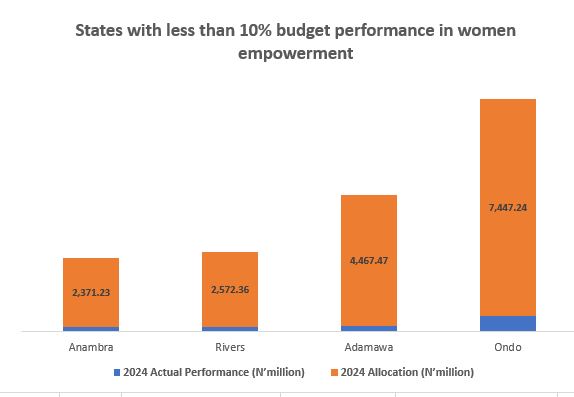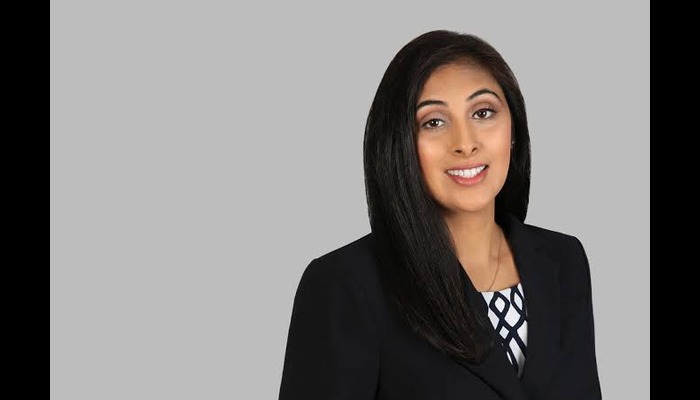The Nigeria Electricity Regulatory Commission (NERC) is to engage in a selective review of electricity tariff and it has spelt out conditions under which electricity distribution companies would be allowed to increase tariff.
The commission said while it is still reviewing the tariff regime, the level of indebtedness of the electricity distribution companies in the course of their efforts at improving supplies would determine if a particular company would be allowed to raise its tariff or not.
The exercise would affect both the generating companies (Gencos) and distribution companies (Discos).
Imamuddeen Talba, head of section, renewable energies, research and development, NERC, who represented Sam Amadi, chairman of NERC, at a recent seminar, disclosed this while briefing participants on efforts being made by the commission to ensure that the implementation of the embedded power generation scheme takes-off as hitch-free as possible.
The seminar on “Embedded Power Generation” was jointly organised by the Consulate-General of the Federal Republic of Germany and a delegation of German Industry and Commerce in Lagos.
Talba said his organisation was currently going on with the review of the electricity tariff and that when it concludes the exercise, it would be able to determine the losses incurred by the generating and distribution companies and this would enable the commission make informed decisions.
“We are going about the tariff review. We have to think about the losses in the books of Discos and Gencos. When we conclude, we will come out with appropriate tariff which may be upward or downward,” Talba said.
Commenting on the practicality of the scheme, he explained that embedded generation would be connected to distribution networks operated by distribution companies licensed by NERC.
He outlined conditions for such connection to include maximum generation, metering and cost.
According to him, “Section 62 of the Electric Power Sector Reform (EPSR) Act 2005 states that permit is needed for generation of 1MW and above, except captive power which is strictly used for personal consumption.”
He further said the commission would soon introduce competitive charges which would ensure that power generated anywhere could be sold in any part of the country, using the infrastructure of various companies. He stressed that NERC has agreed in principle that all customers to be supplied from embedded generation would be required to pay higher tariff.
He added that the commission was considering such application but said it would be based on individual and specific considerations.
Describing embedded generation as very important to the nation’s economic development, Micheal Derus , Consul-General of the German Embassy, who delivered the key note address , said Nigeria could benefit tremendously from the initiative, adding that it could help bridge the gap in electricity supply in the country as it has done in countries like Germany.
Derus described embedded generation as a useful means of dedicating power to high networth customers, as well as states and local governments.
Embedded power generation, according to him, refers to power generation which consists of smaller modular generators, using a variety of generation technologies such as solar, wind, biomass, diesel, fuel oils, crude oil and small hydro.
Brent Hampton, vice-president, service projects, who represented Eko Electricity Distribution Company (EEDC) suggested that tariff from embedded generation should go as high as N30/kwhr,as against the current N12/kwhr from the grid.
He bemoaned the mindset of electricity customers who he said were of the view that electricity would not improve soon, adding that the challenges the company was facing included human capacity shortcomings, limited gas supply and dilapidated network systems which required considerable investment.
Another stakeholder, Dolapo Kukoyi of Detail Commercial Solicitors, argued that with embedded generation in view, Nigeria should be able to achieve its national aspiration within a short time and reduce technical losses because of proximity to network systems and deepen the electricity market.
Kukoyi said with embedded generation in place, distribution companies would have access to power supply, as well as more cash flow, as more customers would be ready to pay for regular and steady electricity supply.
Olusola Bello









